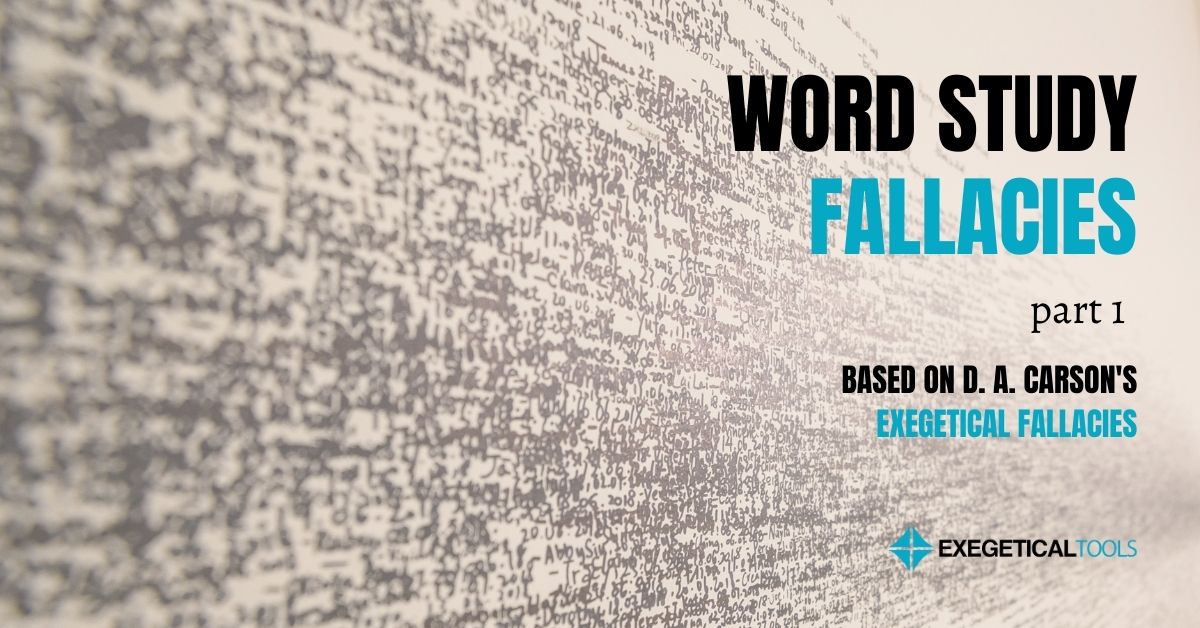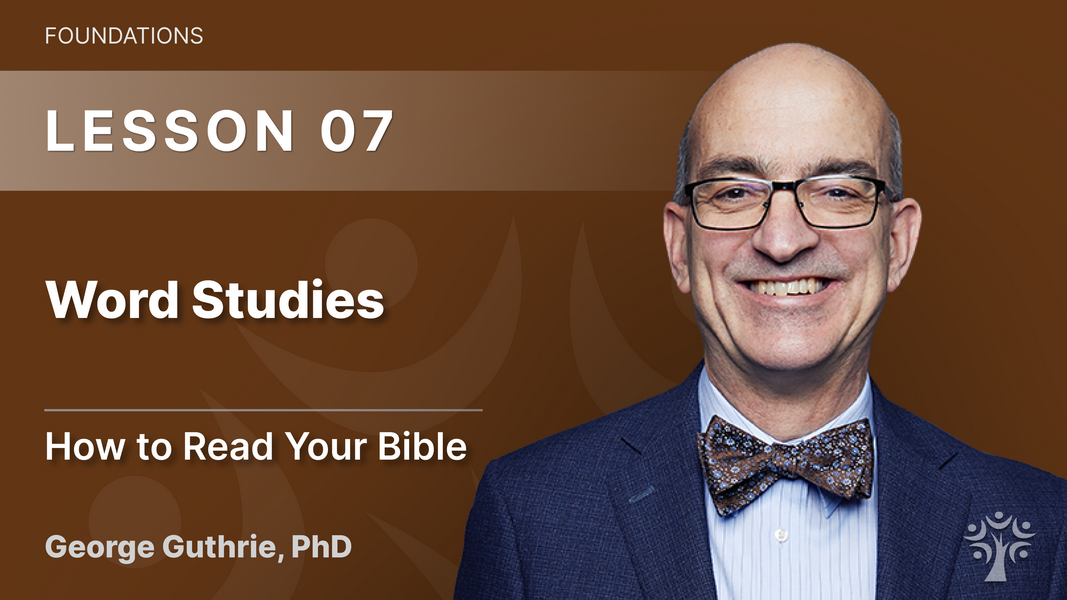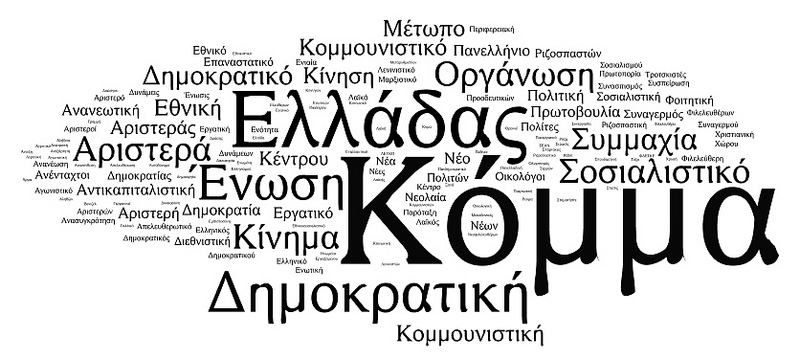- Is the wrath of God timoria or kolasis?
- What is aionios kolasis?
- How is aionios used in the Old Testament?
- What was the original meaning of kolasis?
~~~~~~~~~~~~~~~~~~~~~~~~~~~~~~~~
Kolasis - William Barclay
The word for punishment is kolasis. The word was originally a gardening word, and its original meaning was pruning trees. In Greek there are two words for punishment, timoria and kolasis, and there is a quite definite distinction between them. Aristotle defines the difference; kolasis is for the sake of the one who suffers it; timoria is for the sake of the one who inflicts it. Plato says that no one punishes (kolazei) simply because he has done wrong - that would be to take unreasonable vengeance (timoreitai). We punish (kolazei) a wrong-doer in order that he may not do wrong again (Protagoras 323 E). Clement of Alexandria (Stromateis 4.24; 7.16) defines kolasis as pure discipline, and timoria as the return of evil for evil. Aulus Gellius says that kolasis is given that a man may be corrected; timoria is given that dignity and authority may be vindicated (The Attic Nights7.14). The difference is quite clear in Greek and it is always observed. Timoria is retributive punishment. Kolasis is always given to amend and to cure.
“The word aionios is difficult to translate. It is used in the Old Testament* to describe Israel’s possession of the holy land (Genesis 17.8; 48.4); Aaron’s priesthood (Numbers 25,13); regulations about blood in the sacrifices and about the day of atonement (Leviticus 3.17; 16.34); great mountains and hills (Habakkuk 3.6). Now aion literally means an age, and aionios is literally age-long. In all the cases we have quoted the translation is everlasting or for ever, but in every case the thing described is a human thing, and will sometime come to an end. In every case aionios means lasting for a very long time; it can even mean lasting as long as the present world lasts; but it does not mean lasting for ever and ever throughout eternity.
“The Greek usage of aionios is even more suggestive. Plato in the Laws (10.12) says that body and soul are indestructible (anolethron), but they are not eternal (aionios) like the gods. In the Timaeus he says that time as we know it in this world is formed on the model of the nature which is aionios, eternal. The fact is that in Greek aionios can properly only describe that which is divine; in the true sense of the term only God is aionios. Aionios kolasis is therefore the disciplinary punishment, designed for the cure of men, which may last throughout many ages, and which only God can give.
“I can therefore be seen that the phrase in Matthew 25.46 does not commit us to a doctrine of eternal punishment in the sense in which it is usually taken. It may well describe a disciplinary, curative punishment, and it certainly describes the punishment which only God can inflict.”
~William Barclay, The Apostle's Creed, pg 189-190
Matthew 25:46 Young's Literal Translation
And these shall go away to punishment age-during, but the righteous to life age-during.'
Matthew 25:46 KJV
And these shall go away into everlasting punishment: but the righteous into life eternal.
Matthew 25:46 NIV
“Then they will go away to eternal punishment, but the righteous to eternal life.”
/ @Hillsage @Chadrho @Lizbeth @quietthinker @Lambano @Episkopos @Cyd @Gabriel _Arch @amigo de christo @Bob Estey @laBonhomme @GeneZ @JBO @Wick Stick
- What is aionios kolasis?
- How is aionios used in the Old Testament?
- What was the original meaning of kolasis?
~~~~~~~~~~~~~~~~~~~~~~~~~~~~~~~~
Kolasis - William Barclay
The word for punishment is kolasis. The word was originally a gardening word, and its original meaning was pruning trees. In Greek there are two words for punishment, timoria and kolasis, and there is a quite definite distinction between them. Aristotle defines the difference; kolasis is for the sake of the one who suffers it; timoria is for the sake of the one who inflicts it. Plato says that no one punishes (kolazei) simply because he has done wrong - that would be to take unreasonable vengeance (timoreitai). We punish (kolazei) a wrong-doer in order that he may not do wrong again (Protagoras 323 E). Clement of Alexandria (Stromateis 4.24; 7.16) defines kolasis as pure discipline, and timoria as the return of evil for evil. Aulus Gellius says that kolasis is given that a man may be corrected; timoria is given that dignity and authority may be vindicated (The Attic Nights7.14). The difference is quite clear in Greek and it is always observed. Timoria is retributive punishment. Kolasis is always given to amend and to cure.
“The word aionios is difficult to translate. It is used in the Old Testament* to describe Israel’s possession of the holy land (Genesis 17.8; 48.4); Aaron’s priesthood (Numbers 25,13); regulations about blood in the sacrifices and about the day of atonement (Leviticus 3.17; 16.34); great mountains and hills (Habakkuk 3.6). Now aion literally means an age, and aionios is literally age-long. In all the cases we have quoted the translation is everlasting or for ever, but in every case the thing described is a human thing, and will sometime come to an end. In every case aionios means lasting for a very long time; it can even mean lasting as long as the present world lasts; but it does not mean lasting for ever and ever throughout eternity.
“The Greek usage of aionios is even more suggestive. Plato in the Laws (10.12) says that body and soul are indestructible (anolethron), but they are not eternal (aionios) like the gods. In the Timaeus he says that time as we know it in this world is formed on the model of the nature which is aionios, eternal. The fact is that in Greek aionios can properly only describe that which is divine; in the true sense of the term only God is aionios. Aionios kolasis is therefore the disciplinary punishment, designed for the cure of men, which may last throughout many ages, and which only God can give.
“I can therefore be seen that the phrase in Matthew 25.46 does not commit us to a doctrine of eternal punishment in the sense in which it is usually taken. It may well describe a disciplinary, curative punishment, and it certainly describes the punishment which only God can inflict.”
~William Barclay, The Apostle's Creed, pg 189-190
Matthew 25:46 Young's Literal Translation
And these shall go away to punishment age-during, but the righteous to life age-during.'
Matthew 25:46 KJV
And these shall go away into everlasting punishment: but the righteous into life eternal.
Matthew 25:46 NIV
“Then they will go away to eternal punishment, but the righteous to eternal life.”
/ @Hillsage @Chadrho @Lizbeth @quietthinker @Lambano @Episkopos @Cyd @Gabriel _Arch @amigo de christo @Bob Estey @laBonhomme @GeneZ @JBO @Wick Stick
Last edited:









